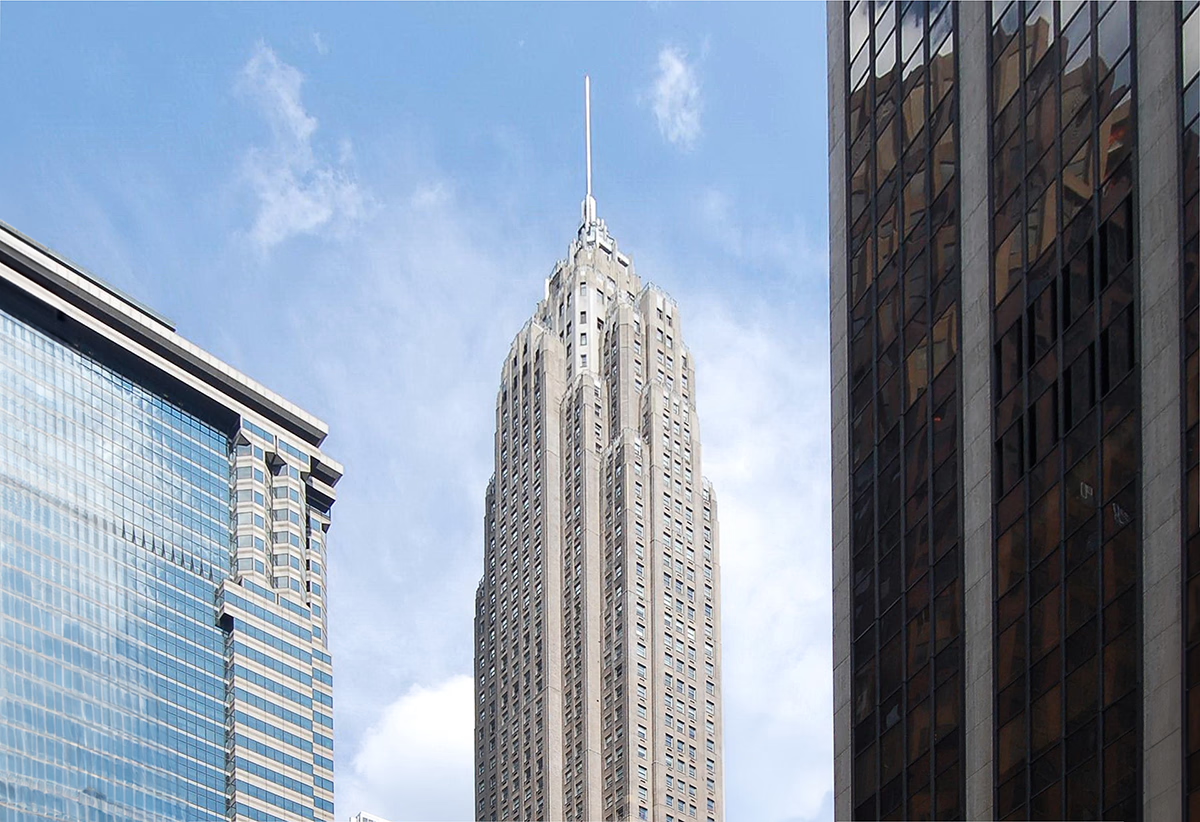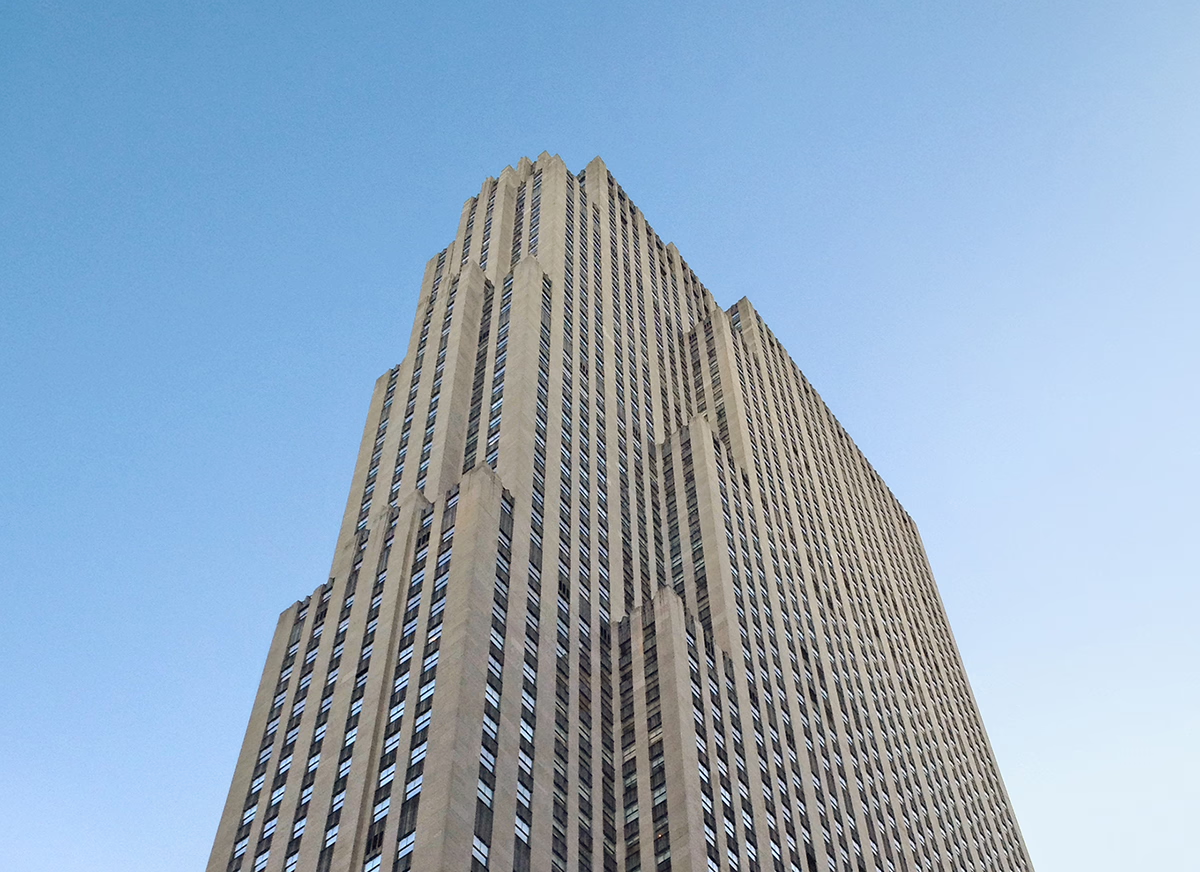70 Pine Street Building vs 30 Rockefeller Plaza Buiding


Comparing the 70 Pine Street Building and the 30 Rockefeller Plaza Buiding is interesting because they both stand in New York, NY, and were completed just one year apart, but they were designed by different architects.
This offers a unique glimpse at how rival designers approached projects in the same city during the same era.
Height & Size
The 30 Rockefeller Plaza Buiding is clearly the larger tower of the two, both in terms of height and number of floors. It rises to 853ft (260m) with 70 floors above ground, while the 70 Pine Street Building reaches 787ft (240m) with 67 floors above ground.
Of course, each project may have faced different briefs or regulatory constraints, which we don't really know about and could also explain the outcome.
Architectural Style
Both the 70 Pine Street Building and the 30 Rockefeller Plaza Buiding were designed in line with the aesthetic conventions of the Art Deco style.
At the time, this style was at the height of its popularity. So both Clinton & Russell, Holton & George and Howells & Hood followed what was in many ways expected of them, producing designs that fit comfortably within contemporary architectural norms, rather than breaking with convention.
Uses
The 70 Pine Street Building is primarily residential, while the 30 Rockefeller Plaza Buiding is primarily commercial.
Originally, the 70 Pine Street Building was designed for commercial, but over time it was converted to residential. The 30 Rockefeller Plaza Buiding by contrast has maintained its original role.
The 70 Pine Street Building offers 612 residential units.
Structure & Facade
Both the 70 Pine Street Building and the 30 Rockefeller Plaza Buiding rely on a Frame structural system.
A frame structure uses a grid of columns and beams to carry the building's loads. This frees the walls from structural duties, allowing for flexible floor plans and larger windows.
They also employ the same type of facade, a Masonry facade.
A masonry facade gives the building a heavier, more traditional appearance. It often conceals a frame structure behind it, creating the look of solid walls without carrying the main loads.
| 70 Pine Street Building | 30 Rockefeller Plaza Buiding | |
|---|---|---|
| Clinton & Russell, Holton & George | Architect | Howells & Hood |
| 1930 | Construction Started | 1932 |
| 1932 | Year Completed | 1933 |
| Art Deco | Architectural Style | Art Deco |
| Residential | Current Use | Commercial |
| 67 | Floors Above Ground | 70 |
| 1 | Floors Below Ground | 3 |
| 240 m | Height (m) | 260 m |
| 24 | Number of Elevators | 60 |
| Frame | Structure Type | Frame |
| Steel | Vertical Structure Material | Steel |
| Concrete | Horizontal Structure Material | Concrete |
| No | Facade Structural? | No |
| Brick | Main Facade Material | Limestone |
| Rose Associates | Developer | John D. Rockefeller Jr. |
| Otis | Elevator Company | Westinghouse |
| Taylor Fichter Steel Construction | Structural Engineer | Edwards & Hjorth; H.G. Balcom & Associates |
| Rene Paul Chambellan | Collaborating Artist | Lee Lawrie |
| NY | State | NY |
| New York | City | New York |
| 70 Pine Street | Address | 30 Rockefeller Plaza |